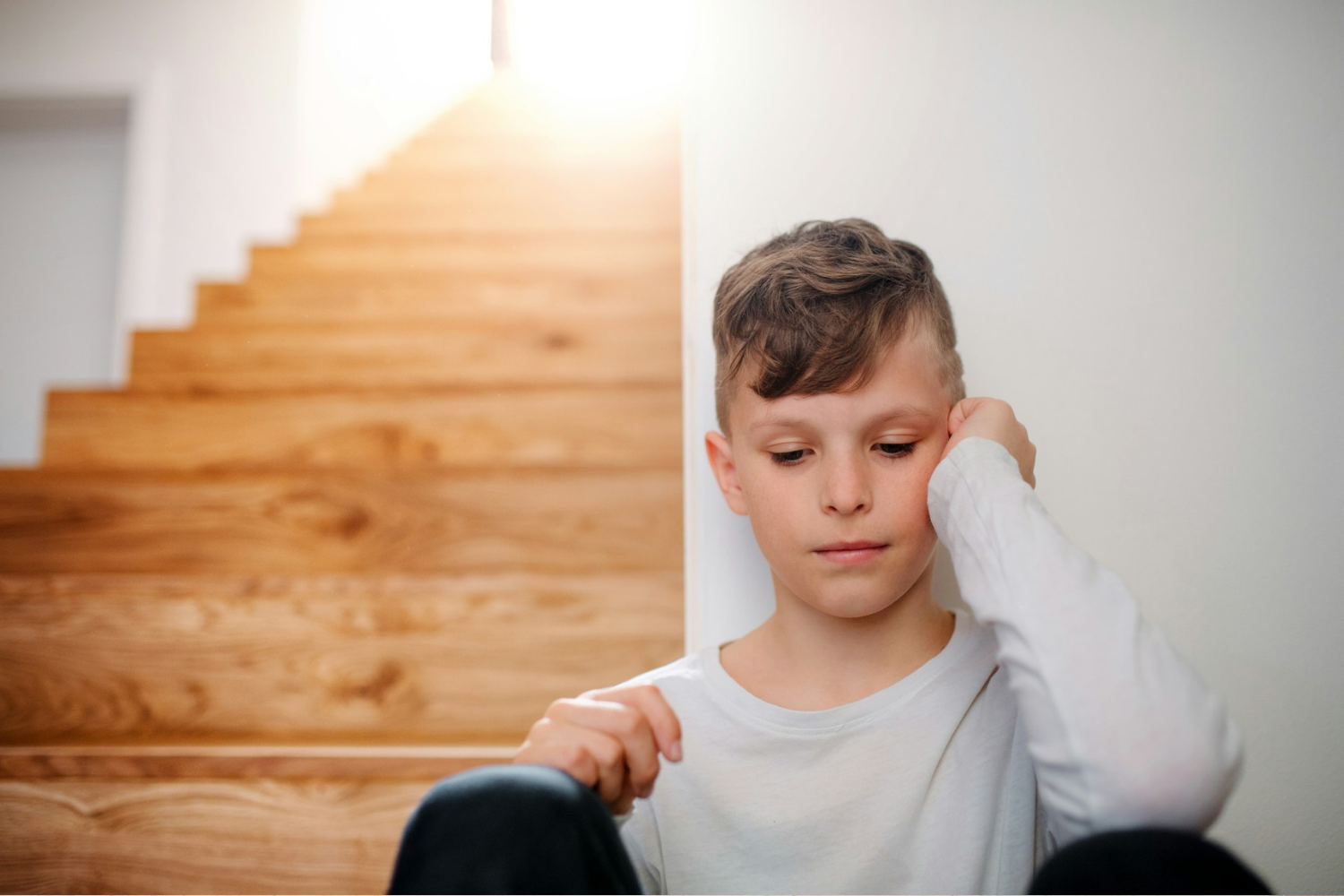Children’s Disclosures of Abuse are Too Often Ignored, Expert Warns

Getty Images for Unsplash+. Image for illustrative purposes only - photo is of a model.
A ‘one size fits all’ education system can mean children dealing with trauma are labelled, met with judgement or left unsupported, according to the author of a new practical guide for adults.
Dr Mine Conkbayir, an award-winning early years author, research and trainer, argues that schools often rely on ‘outmoded and harmful approaches to controlling and stamping out behaviours deemed ‘challenging’.
Her book, Nurturing Children’s Resilience Following Adverse Childhood Experiences: An Adult Guide, sets out a structure to help adults support children in age-appropriate ways which relieve pressure and bring hope.
Written in accessible language, the book is aimed not just at teachers but also at families, parents, primary carers and foster carers, as well as other professionals including mentors, social care workers, child psychologists, counsellors and designated safeguarding leads.
Safeguarding children
Research continues to demonstrate that children’s attempts to disclose abuse and neglect too frequently go unrecognized, unheard or ignored, Conkbayir argues.
“Speaking with children who have been affected by traumatic experiences plays a critical part in enabling a process of healing and recovery, yet this is still not being done as standard. With over 20 million children experiencing abuse and neglect globally, society can no longer afford to ignore this,” she says.
The adult guide accompanies the storybook for children (aged seven+), Maya’s ACE Adventures!, with a foreword written by Sir Lenny Henry. The story follows the main character, Maya, whose dad is in prison and who witnesses frequent arguments at home, as well as being bullied at school.
By night, she is an adventurer in magnificent dream worlds who faces her fears, helps others and knows just what to do to overcome her problems. As her dream worlds and real world collide, Maya learns how to conquer life’s challenges with the love and support of her family, friends and teacher.
The guide comes with clear advice on using the story to talk with children about their experiences in ways that are non-threatening, safe and supportive and includes clear advice on how to respond if a child makes a disclosure while sharing the resources.
“Adults might understandably feel anxious about how ask the right questions and even having the right answers to any questions that children ask,” Conkbayir says. “When done sensitively and consistently, you can provide children with the necessary support and reassurance to help them express and manage their fears, guide them through their grief and help them recover in a healthy way.”
Key features of the guide include:
- Information concerning adverse childhood experiences (ACEs) and their impact across the life trajectory
- An examination and critique of the ACEs framework
- An overview of the neurobiology of stress responses
- Co-regulation strategies to use with children
- Scene-by-scene discussion prompts to accompany the storybook
- A comprehensive list of resources, helplines and bibliography, enabling the reader to find further information on issues explored in the storybook and guide.